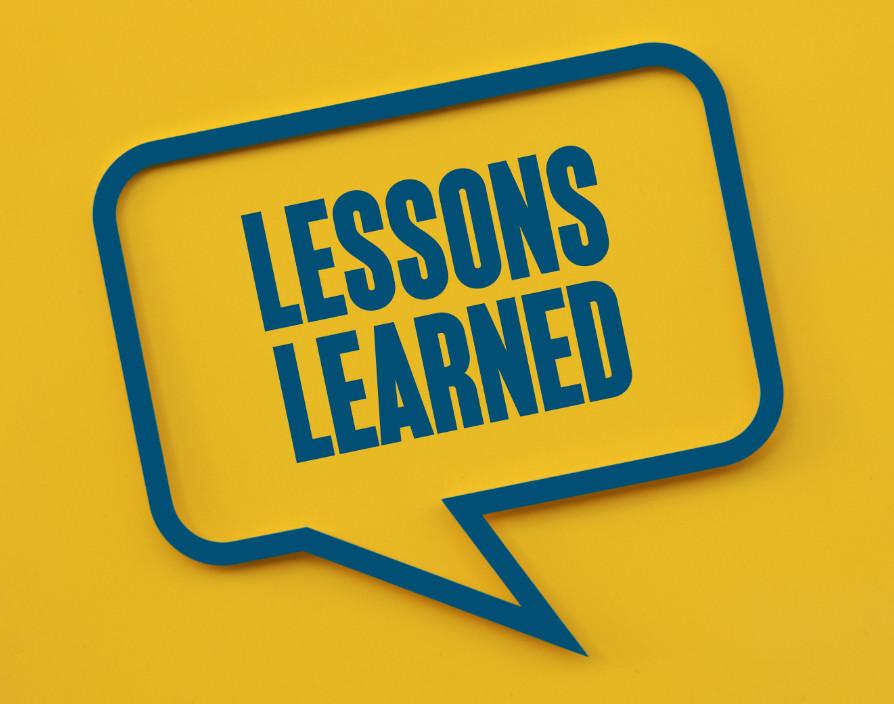Joanna Swash, the chief executive of Moneypenny,evaluates the ever-changing face of business in the 21st century.
We should reflect and learn from our mistakes of the past 12 months – as well as those made by others. So let’s meet 2023 head on. Here are some of my views on this topic and what we should all be focusing on going forward.
Cultivate optimism
Fostering optimism in our leaders and our businesses is critical for the future. It’s been shown that optimistic people benefit from better mental and physical health. They suffer less anxiety, they adapt better and recover quicker, and they ultimately live longer.
Nurturing this mindset among your people will ensure a healthy, positive workforce, along with a healthy, positive business. Furthermore, optimistic people tend to be more productive and resilient. They accept failure as part of their learning journey. Cultivating optimism is about being open to alternative ideas, as well as identifying what you can change, and focusing on what you do well.
Finding the right people
There are many factors that contribute to owning a successful business, but your people are so important. Those businesses that look after their employees are the ones that fare the best – especially when times are tough. People are experiencing difficult times right now and business leaders must listen and focus on creating a stable business environment which will support them.
A people-based business is one that has a culture that nurtures its people first, as well as customer relationships. It focuses on the human element. People do business with people, but they must be the right people. Employing an ex-Google employee doesn’t guarantee success. But employing someone who shares the values of your own organisation and attitude is the key to success.
Invest in your culture
In attracting and retaining the best people for your business, you need to develop a culture that everyone can live and breathe. This is at the top of people’s agendas, for both current and potential employees.
That culture has to consider and understand people’s feelings, and then adapt and change with their needs. It’s not about instilling an immoveable mantra or sticking to a rigid process. All companies must evolve with time, as attitudes progress. In stressing the importance of culture, the physical environment has its part to play too – such as a pub, café, pizza counter or treehouse, for example. Remember, it’s the little things which play just as significant a role.
Follow your own path
Don’t be a sheep. Trust your gut, be bold, take decisions based on your market, your product and your data. Don’t feel bad about it. If it feels right, then go ahead and do it. I’m a huge advocate of trusting your gut. We’ve all had those moments where our gut was telling us to do one thing and we didn’t listen to it. We later regret it. Hindsight can be cruel.
In history, some people just seem to have this unspoken wisdom. It’s an inner compass that guides them to make the right decision. One good example is Bob Lutz who turned around the fortunes of the lagging Chrysler company in the 1990s – thanks to the introduction of the Dodge Viper which happened because it simply ‘felt right.’ Then, there is Steve Jobs who attributed his invention of the iPhone to ‘not letting the noise of others drown your inner voice’.
Maximise what you have
Invest in the relationships you have with your people and your customers. Communicate, actively listen, and talk to clients about what you do. Never assume anything, as one size doesn’t fit all. It’s always best to foster long term relationships, rather than thinking of short term gains. Therefore, treat your clients like the celebrities they are. Put them at the centre of your strategy, and provide excellent customer service that is tailored to them.
Emphasise empathy
Empathy inspires understanding and knowledge in team members. When people are open, they are usually more creative in solving problems. This, in turn, drives productivity and long-term success. As a chief executive, it is hugely important to surround yourself with brilliant people who are full of ideas. Empathy is crucial externally as well. The only way to get to know your customers is to communicate with them. Never forget that true business partnerships are a two-way street.
Integrate and focus on what you do best
Finally, I am a firm believer that people should ‘stick to their knitting’. In other words, do what they do best and get others to fill the skills gaps. This applies to leaders too. They need to be aware of their own strengths and weaknesses, and build a team ‘that makes a great whole’. And this also applies to organisations.
Today, many things can be outsourced. The future is about working together in close partnerships, and being an integrated extension of the business. The service or solution may be based in a different building, town or country, but it will simply be an extension of the way a company operates … as one.
Share via:









































